About this WINE
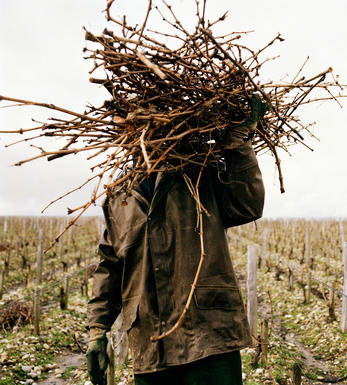
Champagne de Sousa
De Sousa Champagne is based in the Grand Cru village of Avize in the Côte Des Blancs. Vigneron and paterfamilias, Erick De Sousa is third generation Portuguese who practices biodynamic viticulture.
De Sousa farms 9.2 hectares, mainly in the vicinity of Avize (there are old vine plots in Oger, Cramant and Chouilly for example) but also in the Montagne de Reims (Ay and Ambonnay mainly) and finally a small holding in the Vallée De La Marne (Mardeuil).
The key features of this Champagne House are old-vine cultivation (the vineyards are ploughed by horse and the oldest vines date back to 1932), extensive lees ageing, full malolactic fermentation and the aging of reserve wines in wood.
The De Sousa philosophy adheres to late ripening, allowing the vines to benefit from the mineral rich soils (potassium/magnesium) and to develop palate profiles that are both rich and pure, with most impressive length evidenced across the Champagne range.
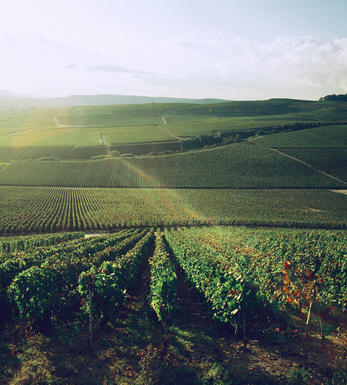
Rosé Champagne
Rosé wines are produced by leaving the juice of red grapes to macerate on their skins for a brief time to extract pigments (natural colourings). However, Rosé Champagne is notable in that it is produced by the addition of a small percentage of red wine – usually Pinot Noir from the village of Bouzy – during blending.
Recommended Producers : Billecart Salmon (Elizabeth Salmon Rose), Ruinart
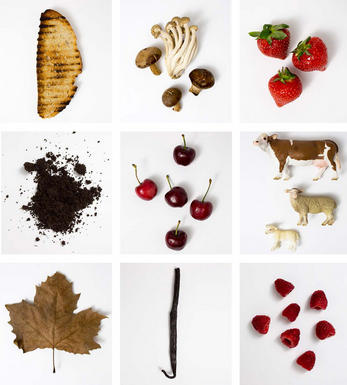
Pinot Noir
Pinot Noir is probably the most frustrating, and at times infuriating, wine grape in the world. However when it is successful, it can produce some of the most sublime wines known to man. This thin-skinned grape which grows in small, tight bunches performs well on well-drained, deepish limestone based subsoils as are found on Burgundy's Côte d'Or.
Pinot Noir is more susceptible than other varieties to over cropping - concentration and varietal character disappear rapidly if yields are excessive and yields as little as 25hl/ha are the norm for some climats of the Côte d`Or.
Because of the thinness of the skins, Pinot Noir wines are lighter in colour, body and tannins. However the best wines have grip, complexity and an intensity of fruit seldom found in wine from other grapes. Young Pinot Noir can smell almost sweet, redolent with freshly crushed raspberries, cherries and redcurrants. When mature, the best wines develop a sensuous, silky mouth feel with the fruit flavours deepening and gamey "sous-bois" nuances emerging.
The best examples are still found in Burgundy, although Pinot Noir`s key role in Champagne should not be forgotten. It is grown throughout the world with notable success in the Carneros and Russian River Valley districts of California, and the Martinborough and Central Otago regions of New Zealand.


Buying options
Add to wishlist
Description
De Sousa is based in the Grand Cru village of Avize in the Côte des Blancs. Vigneron and paterfamilias, Erick de Sousa is third-generation Portuguese who practices biodynamic viticulture. The De Sousa philosophy adheres to late ripening, allowing the vines to benefit from the mineral-rich soils and to develop palate profiles that are both rich and pure, with most impressive length evidenced across the range.
A blend of 90 percent Chardonnay and 10 percent Pinot Noir, the Caudalies has been vinifed in oak, with the Pinot spending a year in five-year-old barrels before assemblage. The wine has a salmon colour and attractive aromas of red-berried fruit, and is gently toasty and with hints of praline and brioche. The palate maintains the red fruit theme and builds on it with layers of nuanced flavour.
wine at a glance
Delivery and quality guarantee